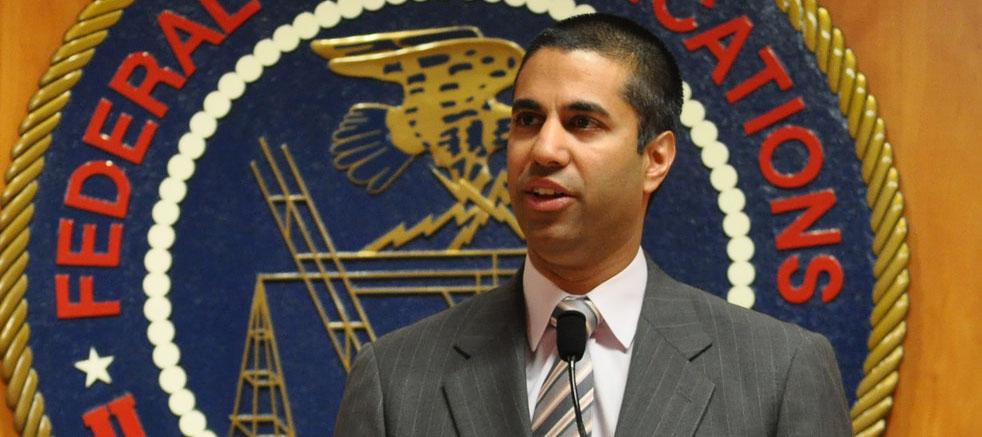On Tuesday, Nov. 21, the U.S. Federal Communications Commission announced plans to repeal Obama-era protections on net neutrality in an announcement titled “Restoring Internet Freedom.”
Net neutrality is the idea that internet providers are currently required to treat all online content the same, rather than privileging some content with faster loading time and better image quality, or slowing down or charging extra for other content. “The rules keep the internet open, free and unrestricted, preventing ISPs from becoming gatekeepers that can control and manipulate what people access on the internet,” The American Civil Liberties Union commented in a statement released on the same day as “Restoring Internet Freedom.”
In 2015, former FCC chairman Tom Wheeler enacted legal protections on Net Neutrality that he thought would preserve an “open internet” from the influence of internet providers, leaving content in the hands of the producers and consumers. Ajit Pai, Wheeler’s successor as FCC chairman, has said that the “open internet” will be better facilitated by removing legislation. “We saw companies like Facebook and Amazon and Google become global powerhouses precisely because we had light-touch rules that apply to this internet,” Pai said in an interview with National Public Radio.
Pai’s argument is that the internet “wasn’t broken” in 2015 when the first Net Neutrality protections were enacted and that most of the internet that we know today began in an essentially deregulated internet, and that by returning to that model a free market internet will solve its own problems. Critics of Pai’s decision, including Mozilla, NPR and the ACLU, have argued that the regulations launched in 2015 were written in response to the internet service provider Comcast tampering with service in 2007, and in a sense the internet was “broken.”
One of the key concerns for Net Neutrality proponents is illustrated by streaming. Many internet service providers now offer streaming services as well and so, after the repeal of net neutrality protections, may interfere with the quality of other streaming sites like Netflix and Hulu to make their own streaming service more desirable. Pai argues that this kind of practice would be made available to consumers by placing monitoring of internet service providers under the control of the Federal Trade Commission, rather than the FCC, whom Pai called “the most experienced cop on the privacy beat.” This would allow customers to select an internet service provider that they trusted or that met their needs, provided that they lived in a place where they could choose from multiple providers.
In theory, after a repeal of net neutrality, websites could also pay internet service providers to privilege their content. Pai argues that this would allow services that require additional bandwidth to get it, though others argue that it may mean that smaller entities would not be able to buy their way in, and the service that they provide would suffer.
While many are quick to blame President Donald Trump for the call to repeal net neutrality, a Time Magazine article titled “Why 2016 Republicans Oppose Net Neutrality” discussed the then-Republican presidential candidates’ individual calls for repeal, and was published months before Trump announced his candidacy.


